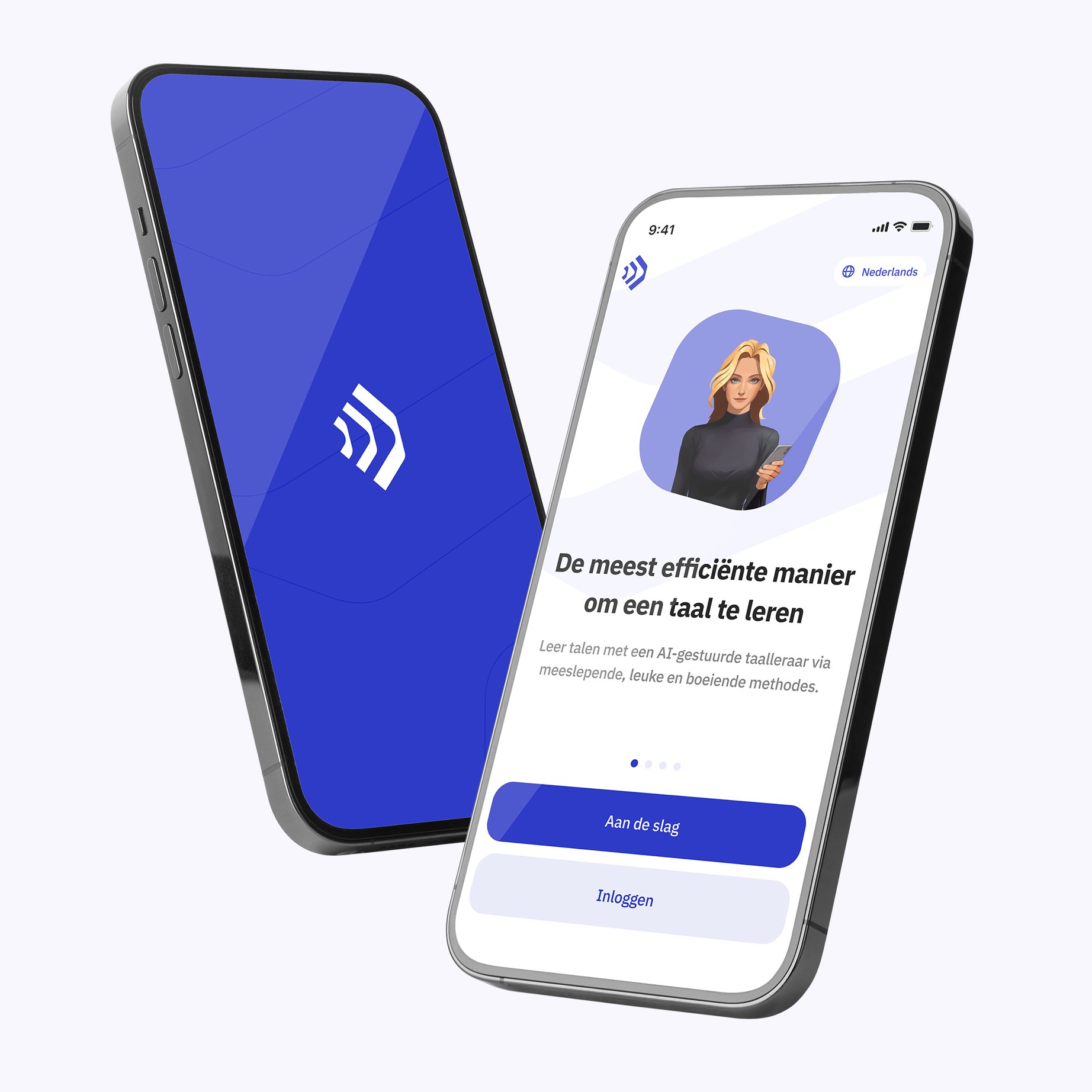Met deze set oefeningen kunnen studenten hun kennis van de Franse zinsstructuur testen en verbeteren. Door de juiste antwoorden in te vullen, ontwikkelen zij een intuïtief gevoel voor de juiste plaatsing van woorden binnen verschillende contexten. Dit is een waardevolle vaardigheid die bijdraagt aan een grotere taalvaardigheid en vertrouwen in het gebruik van het Frans.
Oefening 1: Woordvolgorde van bijvoeglijke naamwoorden
Le garçon *intelligent* (bijvoeglijk naamwoord) a répondu à la question.
La fille aux yeux *bleus* (bijvoeglijk naamwoord) cherche son livre.
Il veut une voiture *rapide* (bijvoeglijk naamwoord) et chère.
Nous avons visité des châteaux *anciens* (bijvoeglijk naamwoord) en France.
Elle porte une robe *magnifique* (bijvoeglijk naamwoord) pour la soirée.
Ces fleurs *parfumées* (bijvoeglijk naamwoord) embellissent le jardin.
Les enfants *sages* (bijvoeglijk naamwoord) ont reçu des bonbons.
Le nouveau restaurant propose des plats *délicieux* (bijvoeglijk naamwoord).
Elle a reçu un cadeau *inattendu* (bijvoeglijk naamwoord) pour son anniversaire.
L’oiseau aux ailes *larges* (bijvoeglijk naamwoord) survole la forêt.
Je voudrais une part de tarte *aux pommes* (bijvoeglijk naamwoord).
Ils habitent dans une maison *spacieuse* (bijvoeglijk naamwoord) et moderne.
Le livre que tu cherches est sur l’étagère *du haut* (bijvoeglijk naamwoord).
Ma sœur a adopté un chaton *noir* (bijvoeglijk naamwoord) et blanc.
Le ciel *étoilé* (bijvoeglijk naamwoord) est magnifique ce soir.
Oefening 2: Plaatsing van bijwoorden
Il parle *souvent* (bijwoord) de ses voyages.
Elle *rarement* (bijwoord) mange de la viande.
Le chat dort *tranquillement* (bijwoord) sur le canapé.
Nous allons *régulièrement* (bijwoord) au cinéma le vendredi.
La professeure explique la leçon *clairement* (bijwoord) aux élèves.
Peux-tu parler *plus* (bijwoord) fort, s’il te plaît?
Il a *malheureusement* (bijwoord) raté le dernier train.
Elle travaille *toujours* (bijwoord) jusqu’à très tard.
Les enfants jouent *dehors* (bijwoord) dans le jardin.
Ils sont *heureusement* (bijwoord) arrivés à temps pour le spectacle.
Je *sérieusement* (bijwoord) doute de sa version des faits.
Elle a *vraiment* (bijwoord) apprécié ton cadeau.
Le train arrive *habituellement* (bijwoord) à huit heures.
L’acteur a répondu *poliment* (bijwoord) aux questions des journalistes.
Ils ont *complètement* (bijwoord) oublié notre rendez-vous.










